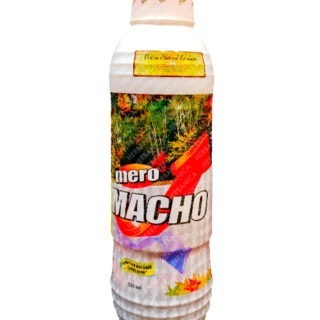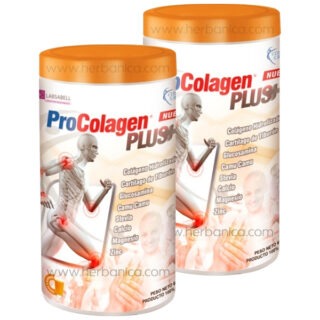Category
- Slimming
- Capsules
- Diabetes and Cholesterol
- Natural Extracts
- Filtering
- Gynecology
- Multivitaminicos
- Healthy Packs
- Female Sexual Potency
- Male Sexual Potency
- Restorative Regenerators
- Digestive system
- Sistema Hepatico
- Immune system
- Nervous system
- Bone and Skin System
- Respiratory system
- Urinary system
- Supplements
Sales
-
Grouper Male 550ml Fitoq
S/79.99S/59.99 -
Collagen Hydrolyzed Collagen
S/120.00S/95.00 -
Glucosamine y Chondroitin
S/150.00S/99.99 -
Erectmax Premium X30 (Tabletas) Litopharma
Rated 5.00 out of 5S/60.00S/49.99 -
HGH Releasing Support 90 cápsulas Xtralife
S/150.99S/147.99 -
ProColágen Plus 600 gr Labsabell
S/149.99S/114.99

A common question is often heard around the table: Do you know if Corn is a Vegetable, Fruit or Grain? The answer is a bit more complicated than you might expect.
A common question is often heard around the table: Do you know if Corn is a Vegetable, Fruit or Grain? The answer is a bit more complicated than you might expect.
When debating whether corn is technically a vegetable, or belongs to the grain family, there are a few important things to consider. A vegetable is any edible part of a plant, so when you eat corn on the cob, you are eating a vegetable. However, each of those individual kernels of corn is considered a whole grain, so it's not entirely true to use a strict definition of corn as a vegetable. When you cook with cornstarch, you are using corn as a grain, because it is the seed of a grass plant.
That said, since kernels of corn contain seeds, when they are popped into popcorn, the definition changes again, technically making popcorn a fruit. Generally speaking, since all grains and cereals could technically be classified as vegetables, most experts consider grains and cereals, such as corn separately. Like many other fruits and vegetables, such as cucumbers, tomatoes, and avocados, the classification of corn can change depending on how it is served.
So, it can simply be said that corn can be any of the three, between a fruit, vegetable or grain. This can be decided based on how it is used, either on the cob, or as popcorn, or cornstarch.
So, it can simply be said that corn can be any of the three, between a fruit, vegetable or grain. This can be decided based on how it is used, either on the cob, or as popcorn, or cornstarch.
There are a number of impressive health benefits to eating corn, including better digestive function, increased immune health, and a lower risk of chronic disease, among others. The dietary fiber found in corn will stimulate digestion and prevent constipation, while the vitamin C content can boost the immune system. Certain antioxidants, such as lutein and zeaxanthin, will also help eliminate free radicals in the body and prevent chronic disease. This vegetable (or grain) may also help increase bone mineral density and protect heart health by lowering blood pressure and reducing the risk of atherosclerosis, heart attacks, and strokes.
Written by admin
HERBANICA.COM offers you natural products of excellent quality; If you have any questions, suggestions or questions to ask us about the products, the website, the purchase methods, etc .; You can contact us by filling out the contact form.
Best Deals
Join without risk
Refund in 24 hours maximum.
100% sure
Safe shopping.
24x7 support
Online 24 hours.
Best Deals
Buy now.
Shipments
To the whole country.
What's new?



TOP products
-
Jenjibre X100 And Capsulas Naturalmaxx S/33.99
-
Hyr Herbal Maxx X100 and Capsulas Naturalmaxx S/33.99
-
Huanarpo Male X100 And Naturalmaxx Capsules S/33.99
-
Hercampure Maxx X100 and Capsulas Naturalmaxx S/33.99
-
Hepton Herbal X100 And Capsulas Naturalmaxx S/33.99
-
Graviola X100 And Capsulas Naturalmaxx S/29.99
-
Glucozhamine X100 and Capsulas Naturalmaxx S/38.99
-
Ginseng X100 And Capsulas Naturalmaxx S/38.99
















